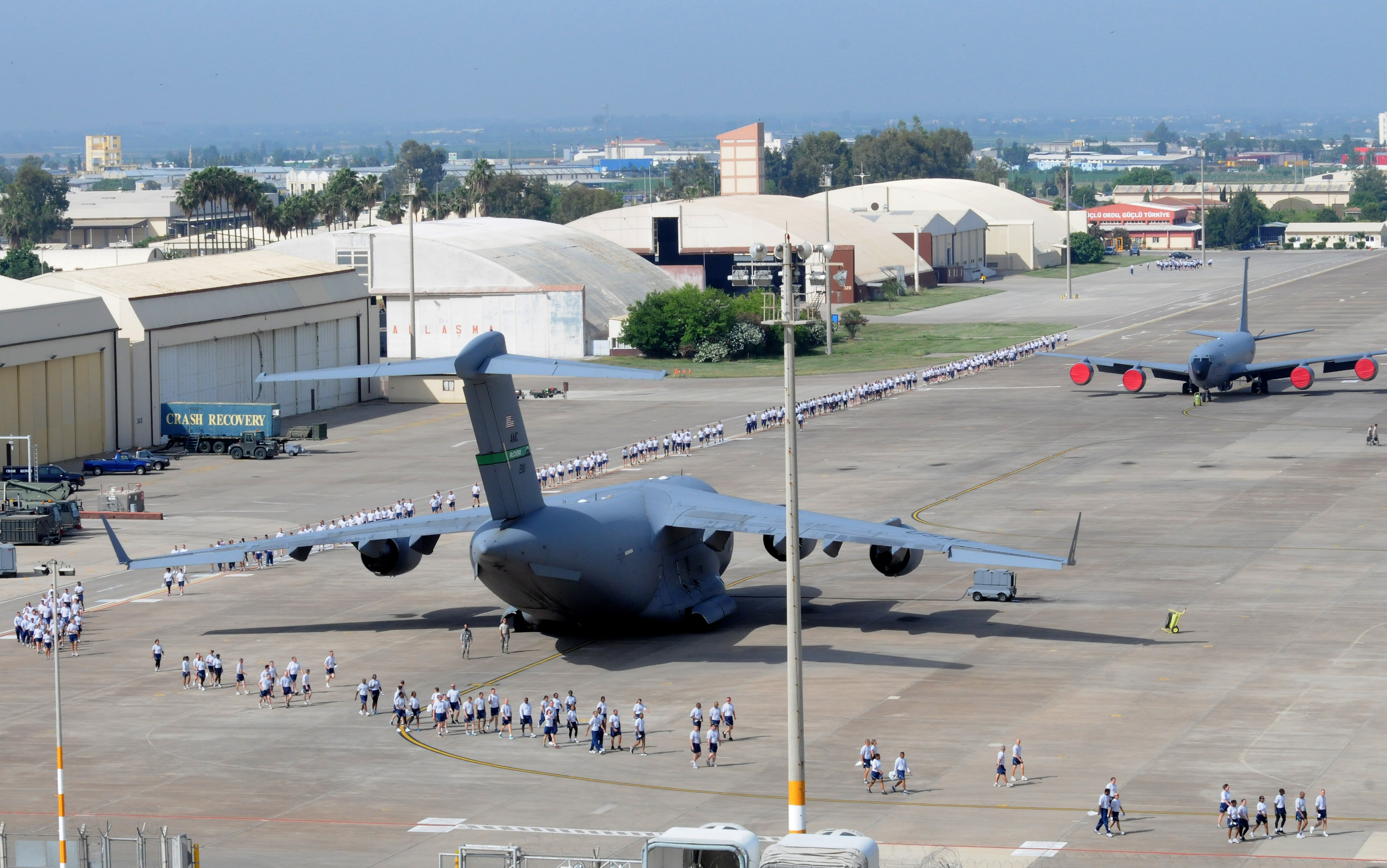In an unprecedented move in the battle to contain an Islamic State insurgency in Northern Iraq and Syria, Turkey has finally approved a deal that will allow the United States to launch airstrikes from a key military base in the southern part of the country. The decision represents a major policy shift on the part of Turkey, which has thus far resisted calls for the use of the Incirlik Air Base. But with the two countries reaching an agreement on plans to form an “ISIS free zone” in Syria’s north, the move is likely to aid efforts to put some distance between ISIS forces and the Turkish border.
The news comes barely a week after Turkey launched an offensive against Kurdistan Worker Party (PKK) fighters, who represent the main armed group resisting ISIS territorial advancements, on its border with Iraq. This means that the country is now engagement in conflicts on two fronts, against oppositions on both sides of the spectrum.
But the move to allow the U.S. access to such a crucial base has been described as “too little, too late”. Turkey, which has long deemed the U.S.’s policy on the Syrian conflict as not sufficient enough, has allegedly held out on negotiations in a bid to further its own interests in the situation.
Michael Stephens, a research fellow for Middle East studies and Head of the Royal United Services Institute (RUSI) in Qatar said there was no doubt Turkey had shown some measure of support to ‘pro-radical’ groups inside Syria as a means of toppling the regime of Bashar al-Assad. While there was no clear evidence of those groups being affiliated to ISIS, he stressed that there were certainly links to several resistance groups in the war-hit country.
“The problem of course is that many individuals from those groups in 2013 defected to IS, and they had support from Turkey. To some extent, Turkey is indirectly responsible for the growth of ISIS through poor policy,” he suggested.
Addressing the dynamic of the conflict with the PKK, Stephens said the situation was one that has been “bubbling” for some time. Much of this was based on ISIS’s seige on the Syrian town of Kobane, with the Kurds accusing Turkey of not doing enough to assist Kurdish forces in countering the assault. With the group holding strong links to the PKK movement on the Iraq border, this has evidently translated into a domestic issue for Turkey.
“The PKK believe that Turkey supports the Islamic State and wants to use it to destroy Kurds, which has led to this build up and spiral into what we’ve seen. Obviously Turkey sees the PKK as well as IS as a serious threat, and has launched airstrikes against both,” he explained.
He described the attack on the PKK as concerning considering that Kurdish forces, outside of Iranian backed sectarian militias in Iraq, were the only group making significant grounds in the fight against ISIS. Hence the campaign was sure to have a direct impact on the ability of Iraqi and Syrian Kurds to continue its resistance against the radical group.
Stephens also suggested the longer the conflicts, particular with ISIS in Syria, dragged on the harder it would be for all parties to come together and reach a solution for a solitary, and united Syria. He highlighted that the country was already seeing the formation of several ‘buffer zones’, formed by the different factions involved in the countries conflict.
“We’ve started to talk about the region in terms of ethnic lines and groupings, which unfortunately doesn’t bode well if you are a Pan-Arabist Syrian. I think it means the country is either going to be forever weakened, or simply won’t exist at all,” he declared. VOC (Mubeen Banderker)






 WhatsApp us
WhatsApp us 

